Alibaba is the world’s largest B2B marketplace, connecting millions of businesses with Alibaba China suppliers across various industries. Whether you’re sourcing raw materials, custom products, or private-label goods, choosing the right supplier is key to maximizing cost savings and ensuring product quality.
However, with thousands of suppliers listed on Alibaba, not all are equally reliable. A poor supplier choice can lead to delays, subpar products, or even financial losses, while a trustworthy, experienced supplier can help streamline your supply chain and reduce procurement costs by up to 20% or more.
So, how do you find the best Alibaba China suppliers that balance cost, quality, and reliability? The solution lies in a structured approach:
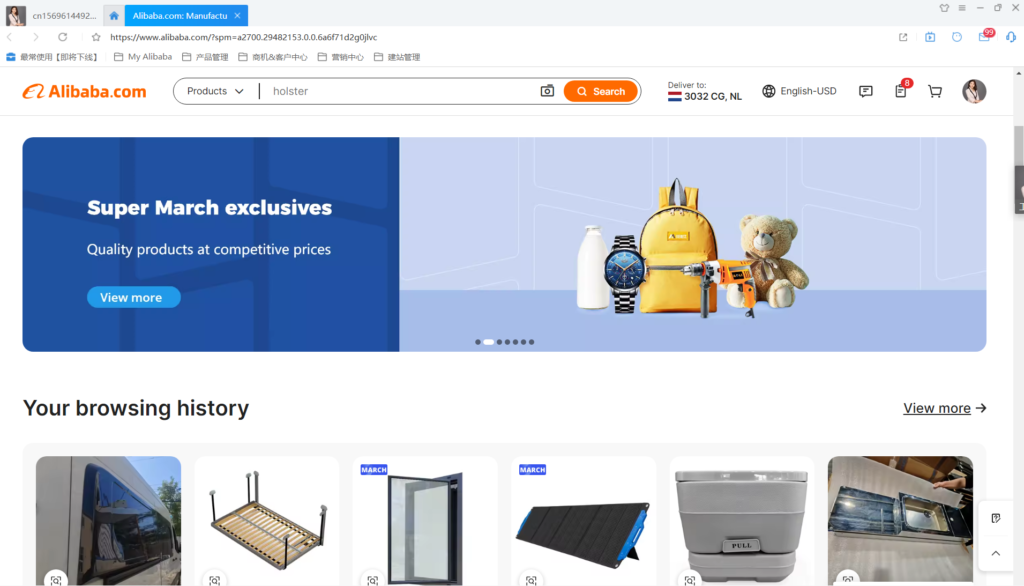
Understanding Supplier Types:
Alibaba Gold Supplier Meaning:
A paid membership status but not verified by a third-party organization.
Alibaba Verified Supplier Meaning:
In addition to being a Gold Supplier, the company information has been inspected, including business licenses and operating facilities, and undergoes strict review to ensure accuracy and legitimacy. And certified by an internationally recognized third-party organizations (such as SGS or TÜV)
Alibaba’s Supplier Pyramid: General suppliers < Gold suppliers < Verified suppliers. Besides Gold Supplier and Verified Supplier, another key concept is Trade Assurance.

What Is Trade Assurance?
General suppliers cannot offer this service, while both Gold Suppliers and Verified Suppliers can. When you place an order, trade Assurance protects buyers by ensuring product quality and on-time delivery. The funds are held in Alibaba’s escrow account to ensure transaction security. If issues arise, buyers can apply for a refund.
In short, recommended choice: Prioritize suppliers who are both Verified Suppliers and offer Trade Assurance to minimize risks and ensure reliability.

How do we determine in Alibaba China Suppliers are trade companies or manufacturers?
Company Profile Page: Check the seller’s company introduction and profile. Genuine manufacturers often display factory photos, signage, workshops, and clear factory logos. Traders may lack such details or provide unclear images.
Certification: Alibaba.com verified suppliers through third-party factory inspections. Look for official certifications, real factory production sites, and warehouse photos.
Company Info: Review the seller’s company name, address, and business scope. Verify details via search engines or platforms like Tianyancha.(https://www.tianyancha.com)
Transaction Data & Certificates: Check transaction history and certificates. Alibaba manufacturers often have stable transaction records and relevant production certifications.
Contact & Invoicing: Manufacturers typically provide formal contact details and can issue VAT invoices. Trade company may lack this capability.
Direct Communication & Factory Visits: Request on-site factory visits if possible. Communicate directly to understand the seller’s business model.
Behavioral Data: Verified suppliers (Blue Checkmark) on Alibaba.com are more reliable. Check buyer profiles, product views, and inquiry responses to assess potential value.
Industry Activities & Certifications: Sellers participating in Alibaba.com industry events or certifications often have higher industry recognition and credibility.

How to Choose Alibaba China Suppliers?
Key factors to consider when selecting a supplier as below:
Years of experience –Choose Suppliers with 5+ Years, why older suppliers tend to be more reliable?
Rich experience: Companies that have been in business for more than 5 years are likely to have extensive industry knowledge, which allows them to provide solutions with maturity and better understanding of customer needs.
High stability : Companies with a proven track record are likely to be more stable in terms of their financial and operational strength. This reduces the risk associated with collaboration.
Reliable reputation: Companies that have been in business for a long time often have a good market reputation, and customers trust them. This makes it easier to form reliable partnerships.

Company size:100+ Employees/ Why company employees number is important?
Scale and Stability: Companies with over 100 employees typically have larger operations, stronger production capabilities, and more stable supply chains.
Professional Expertise: More employees mean specialized division of labor and technical support, ensuring higher product quality and service reliability.
Risk Resilience: Larger companies have greater financial and resource capacity, enabling them to better handle market fluctuations and order demand changes.
Industry specialization: Why specialized suppliers offer better quality?
Deep Specialization: Businesses with specialization in a particular industry have a deep understanding of that sector. They can offer tailored solutions as well as high-quality products.
Efficient processes: Specialized providers often have optimized workflows, and technologies that are specific to their industry. This leads to faster service.
Market Intelligence: These companies stay up-to-date on industry trends, regulations and standards to ensure their products meet customer expectations and current standards.
Strong factory ownership & equipment:
Analyze Equipment & Manufacturing Capability
Open the SGS or TÜV audit report (usually 21+ pages).
Ensure they have the right machinery for your product.
Check Alibaba China Supplier Location:
Factories in specialized regions usually offer better quality and supply chain efficiency.

Track Alibaba China Suppliers Vetting: Expert Tips
1. Equipment & Factory Capability Check
✅ CTRL+F “equipment” in the SGS report to locate manufacturing assets quickly.
✅ More equipment = higher production capacity (e.g., 80+ machines is a strong sign).
2. Employee Structure Matters
✅ CTRL+F “employees” to check:
Production workers → Should be the majority (e.g., 78 out of 100).
Quality control (QC) → At least 3-5 people.
R&D team → A small but present team (e.g., 5+) shows innovation capacity.
❌ If 30-50% of employees are in sales with no QC team, expect quality issues.
3. Specialization vs. Diversification
✅ Product Depth → Supplier offers multiple variations of the same product category.
✅ Product Breadth → Supplier also provides related accessories, making bundling easy.
❌ If a supplier’s catalog is too random, they’re likely a trading company, not a real factory.
4. Final Screening: Send RFQs Wisely
✅ Only send RFQs to suppliers that have:
Strong factory ownership & equipment
A balanced team structure
Specialization in your product
Optimizing Your Alibaba Sourcing Process: Expert Strategies
1.Organizing Your Supplier List
Create RFQ Groups: Group suppliers by product category (e.g., “Hard Wax Beans” or “Walmart Bike Racks”) to track them and streamline your communication.
Efficiency Tip: Move the best suppliers into relevant RFQ groups, making it easier to send bulk requests later. This keeps things organized, especially if you’re working with multiple categories.
2.Understanding the Supplier’s True Nature
Multiple Reports: Be cautious of suppliers with two reports. One might be a trading company and the other a manufacturer. Always verify the actual production company.
Behind the Scenes: If a supplier is a trading company, they often represent a real manufacturer. If possible, try to work directly with the factory.
3.Efficient RFQ Sending
Send RFQs to Multiple Suppliers: When you select multiple suppliers, you can send your request to all of them at once, ensuring quick responses.
Avoid Spam: Uncheck the “Agree to share business card” option to prevent your inbox from getting flooded with unwanted supplier inquiries.
4.Writing a Winning RFQ
First Impressions Matter: Suppliers often overlook generic RFQs. Make your RFQ stand out by:
Providing details about your business: Show you’re professional, serious, and ready to engage in business.
Avoiding vague language: Be clear about what you need and avoid generic or too-short requests.
Answering Supplier Questions: If they ask for your target price or website, be ready to respond thoughtfully.
5.Protecting Your Intellectual Property (IP)
Non-Disclosure Agreement (NDA): To protect your unique designs, logos, and branding, consider having suppliers sign an NDA, Non-Compete, and Non-Circumvention Agreement. This ensures they won’t steal your product ideas and sell them to competitors.
6. Document Everything in Alibaba Messages
Keep all terms, specs, and agreements within the platform for dispute protection.
Conclusion
By following these strategies, you’ll stand out to suppliers, get faster replies, and ensure that your business deals are smooth and protected.
It’s important to verify business licenses, certificates, and transactions history when conducting Alibaba China Suppliers Verification. Search for verified supplier who have a good track record, positive reviews from customers, and transparent communications. Consider requesting video tours of the factory or third-party checks to verify product quality and production capability. These extra steps can help you eliminate unreliable suppliers and build long-term relationships with good suppliers.
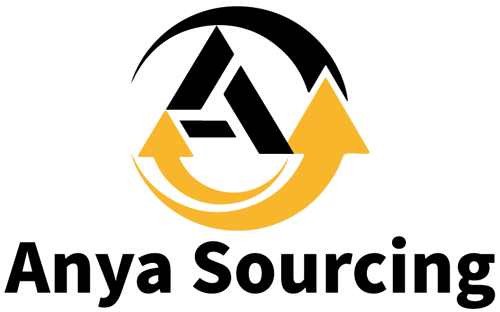
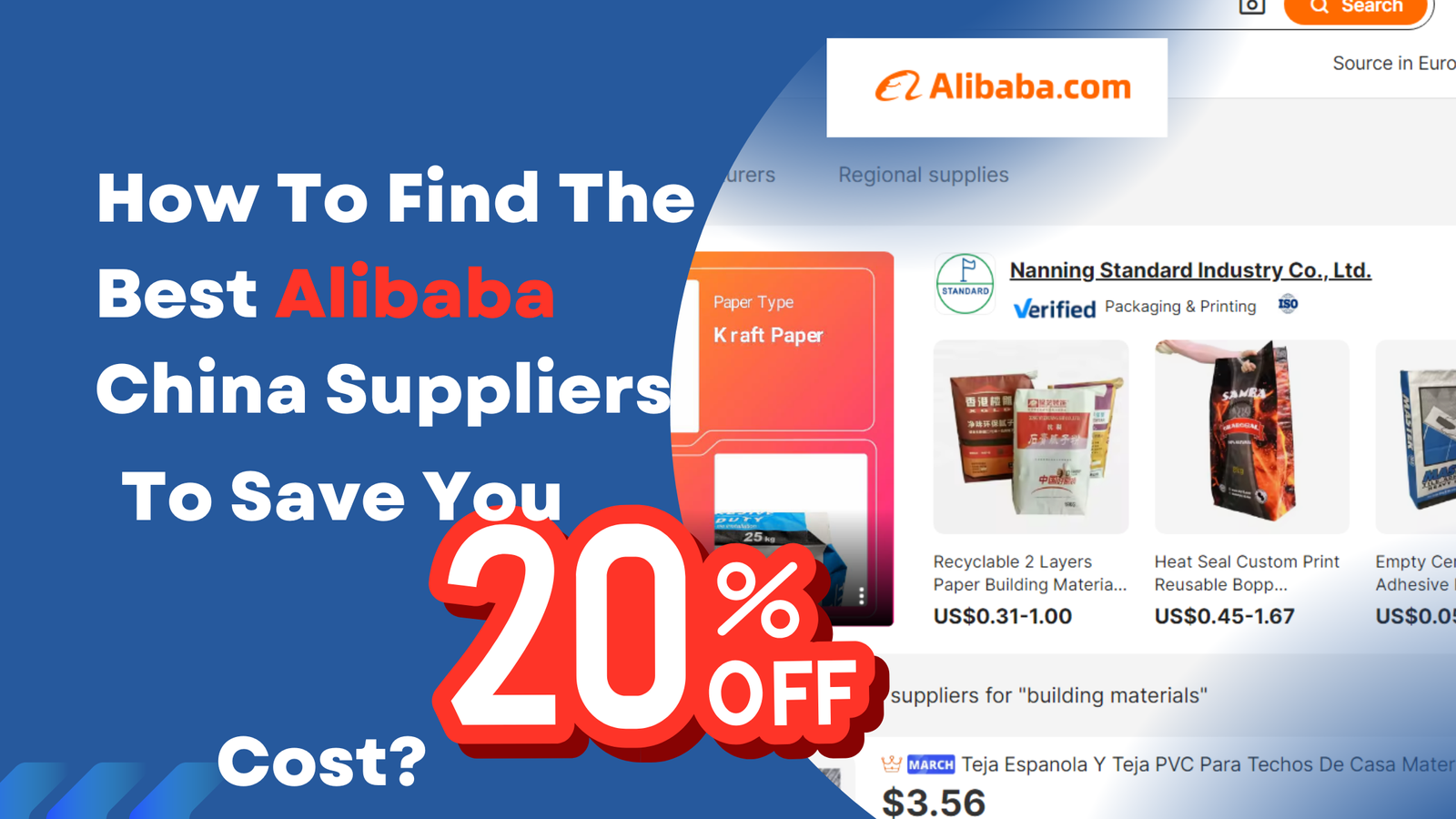

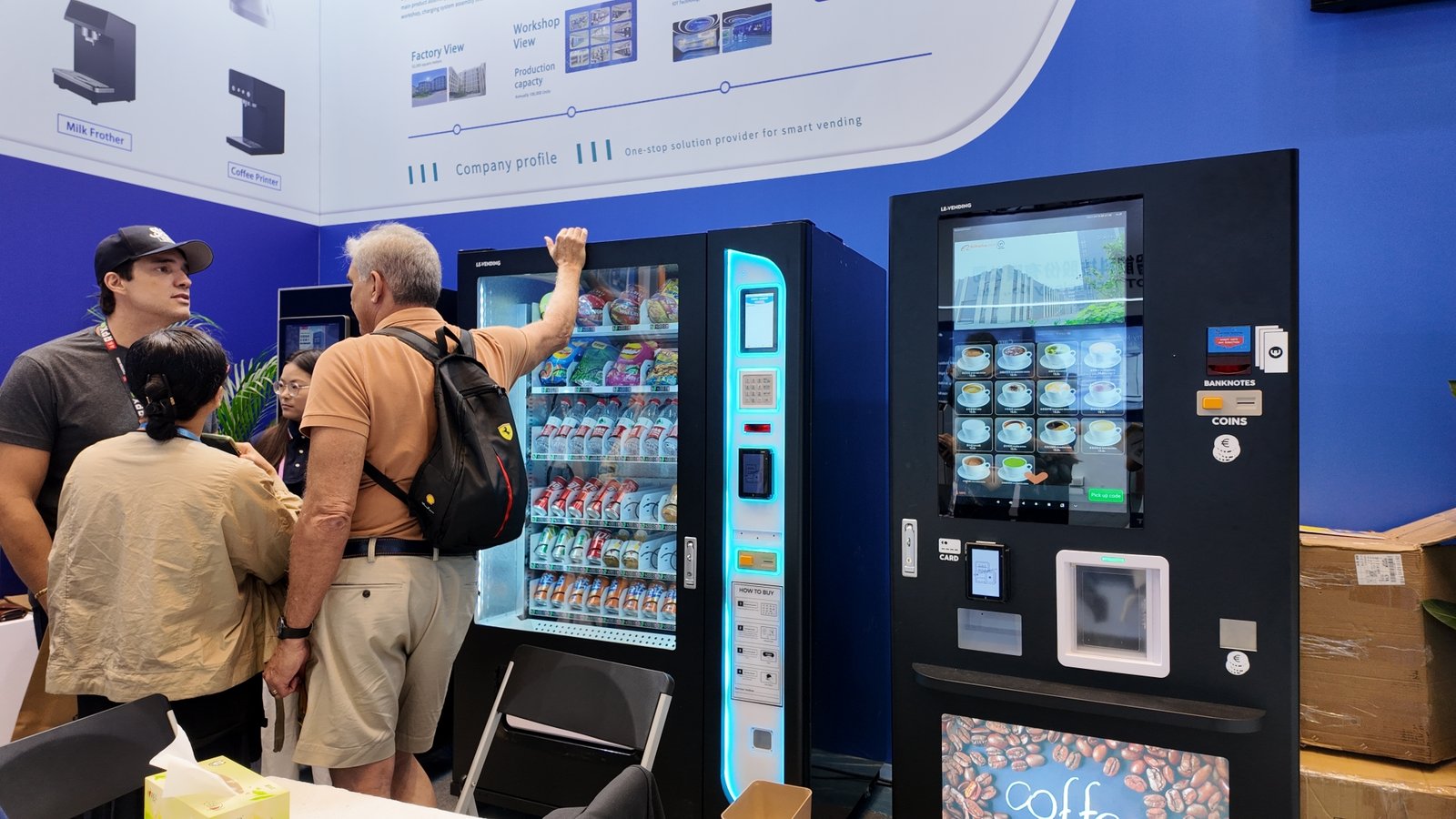
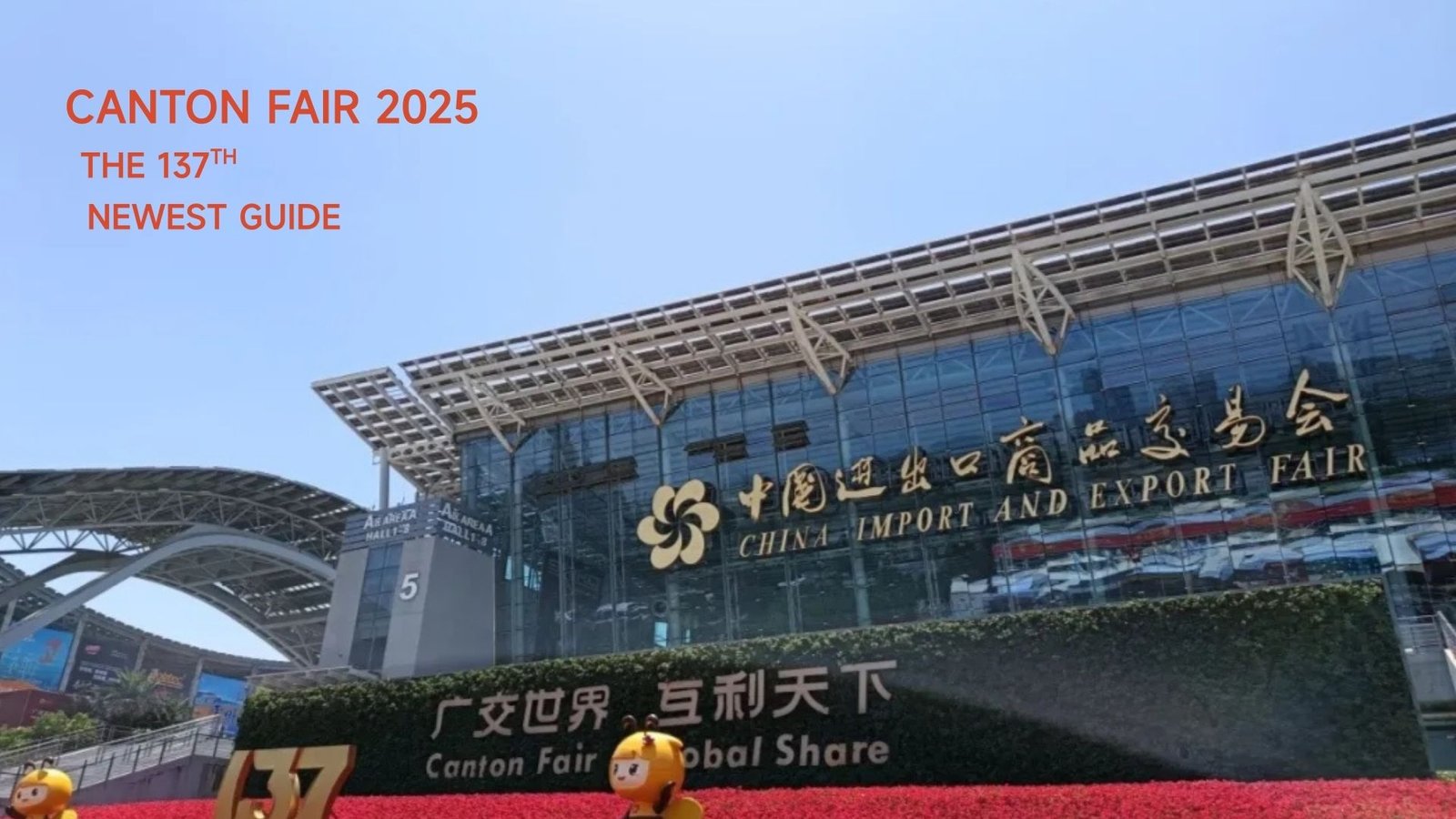
2 responses
I would like to contact reliable manufacturers/ suppliers of :
a………………6000W solar street lights
b………………socket screw-in surveillance camera bulbs
c………………18″ – 24″ screen calendar-time-weather forecast digital led multifunction clocks
Hello Jeli, thanks for your comment, I sent you a email with the lights photos and catalog for your reference, pls check and get back to me.